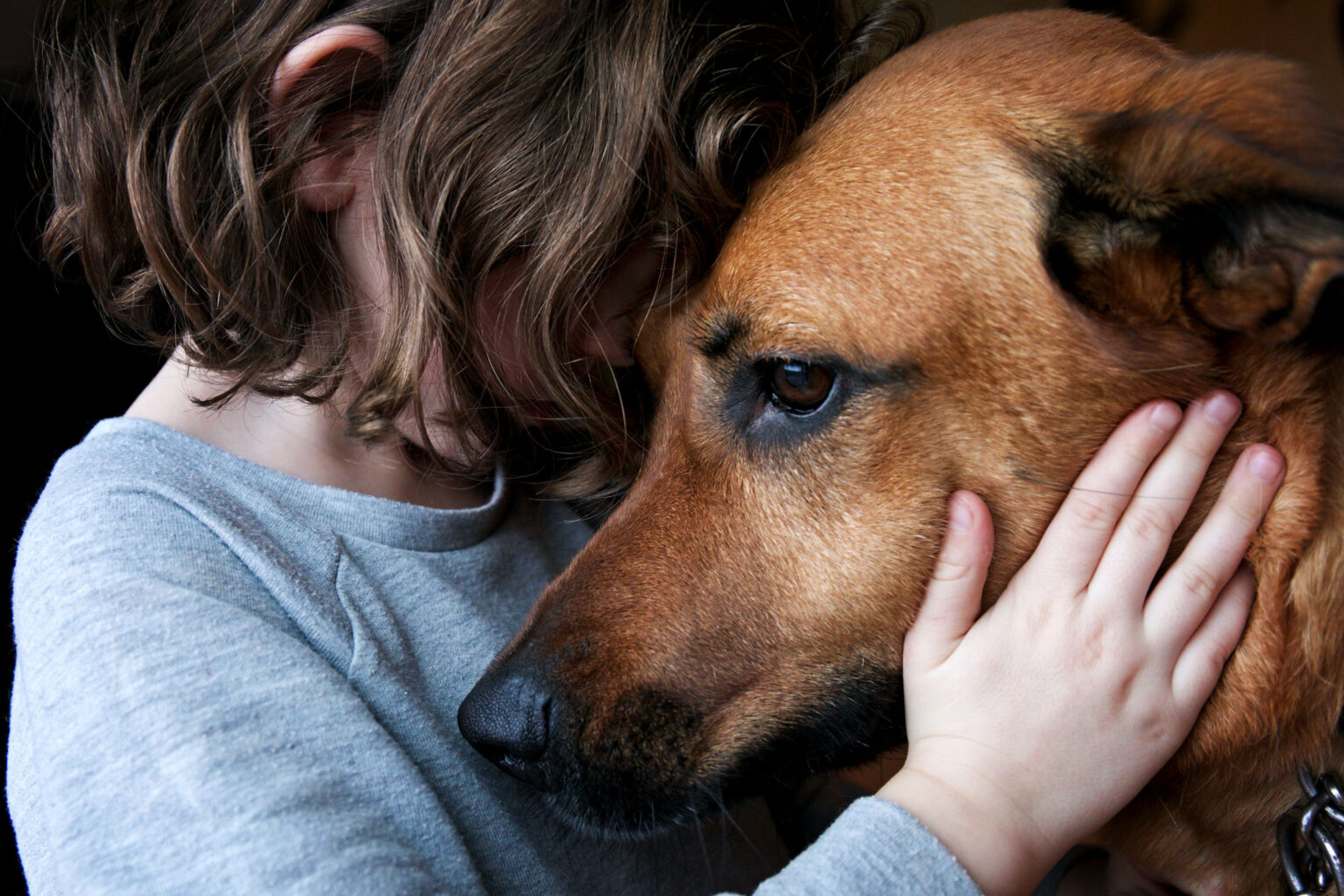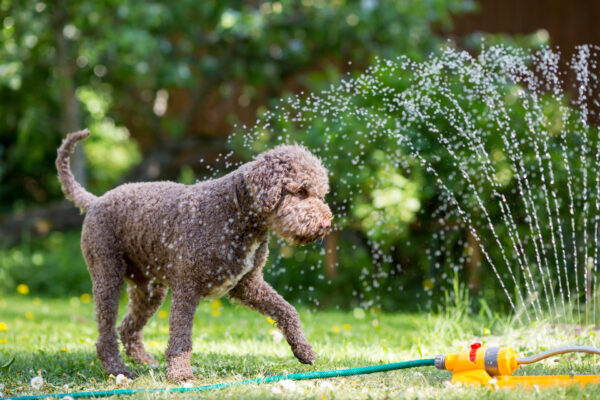In 2019, veterinary health company Ceva launched Pet Anxiety Awareness Month as a way to educate pet owners on the causes of animal stress. So, as we join them in their mission, here are some tips to help you get an anxious pet back to their usual happy self.
Causes of stress in cats and dogs
Looking at our pets, it’d be hard to imagine they’d suffer from stress. Their lives seem so easy! But certain situations can often make our furry friends uncomfortable, especially when this means a change in their routine, like moving home, introducing a new pet, travelling in a car or the presence of guests.
Most dogs really struggle with having to spend long periods of time alone, while cats don’t always cope well with other cats (especially when they have to share their bed, bowl or litter tray).
Signs your pet may be stressed or anxious
- Digestive issues (diarrhoea, constipation)
- Decreased appetite
- Increased need to sleep
- Isolation
- Aggressive behaviour
In dogs:
- Excessive barking
- Walking with their tail between their legs
- Lip licking
In cats:
- Excessive grooming
- Urinating outside of their litter tray
Our top tips to reassure a stressed pet
1. Identify the root cause of stress: Look around you – has anything changed recently? Your neighbour’s new cat or the construction works next door could be what is making your pet anxious. Finding the trigger will help you address the problem.
2. Stick to a routine: Like us, pets are creatures of habit and find great comfort in their daily routines. Establishing regular times for meals and walks will help provide stability in their lives.
3. Promote a calm environment: In a recent study published in ScienceDirect, researchers found that dogs can read angry human faces, which suggests our feelings and behaviour can have an effect on our pets. And although few of us can claim to be Zen all the time, it’s good to keep this in mind.
You can also use natural pheromone-based products to help you prepare for events that you know will unsettle your pets, like vet checkups or fireworks. We recommend Adaptil (for dogs) and Feliway (for cats). And if your pet gets very nervous, a calming supplement such as Zylkene can also be given for added support.
4. Give them a place to retreat: Having access to a quiet room, a hiding spot under a bed or their favourite cosy corner can give pets a sense of security. This could be any area in the home where your furry pal can be alone and undisturbed. Some people use a pet crate as a secure place for their dog.
5. Ensure your pets get regular exercise: Activities like walking or playing are great stress relievers. When we exercise, our bodies release endorphins: feel-good chemicals that reduce our perception of pain.
6. Get professional help: If your pet isn’t improving with these tips, an animal behaviourist could help you find out what’s wrong as well as teach you mechanisms to help your pet relax. The Animal Behaviour and Training Council site (ABTC) gives recommendations for accredited professionals across the UK.



